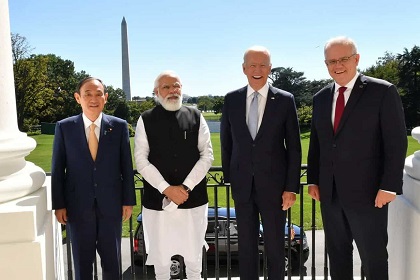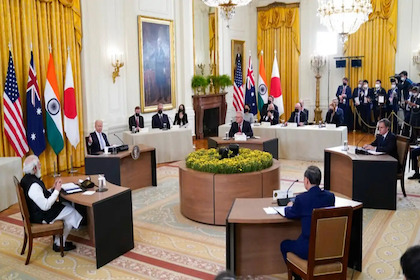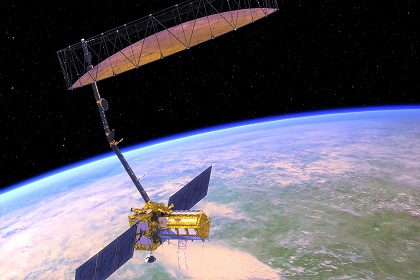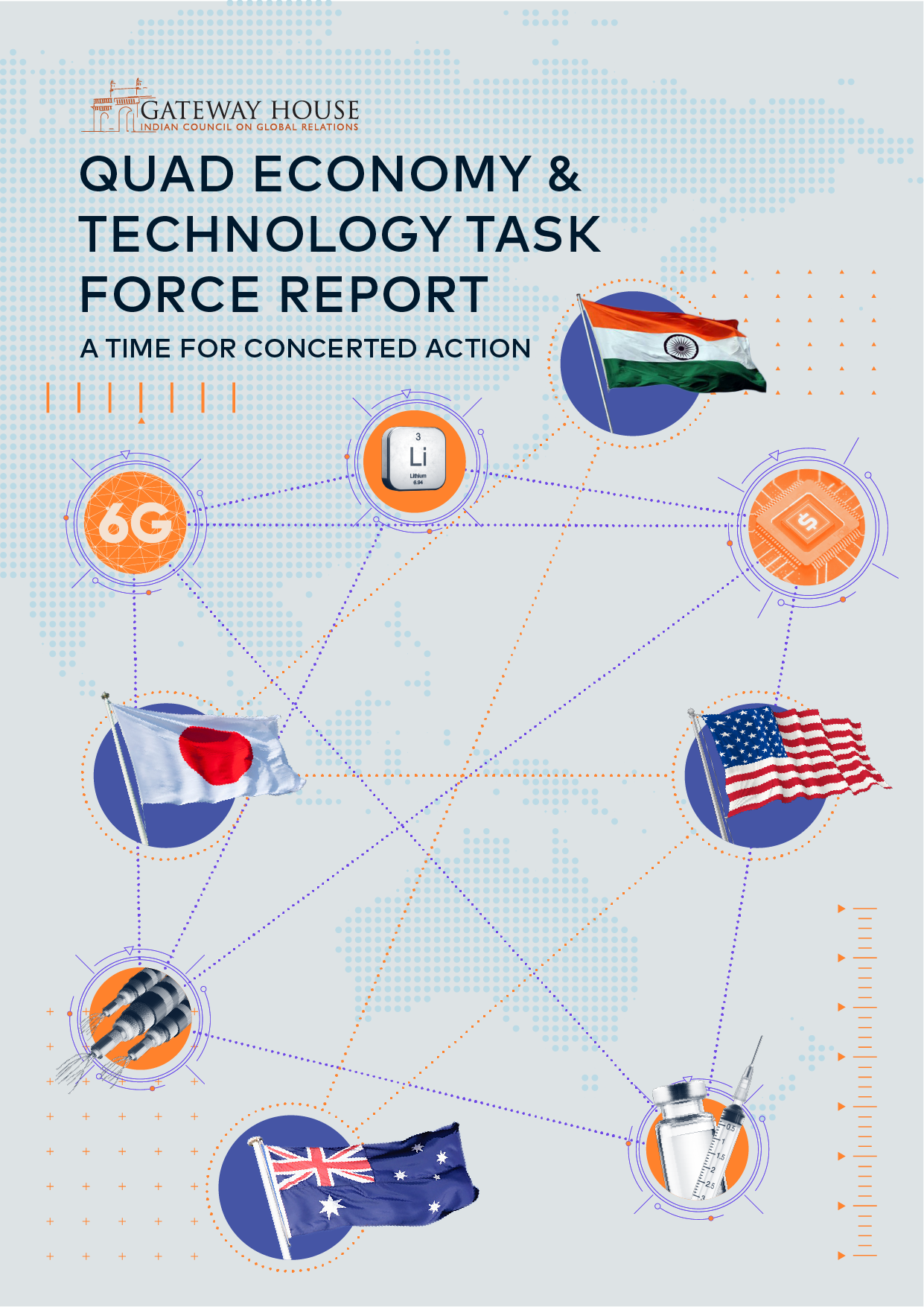Cyber resilience in the Quad
The recent Quad Leaders' Summit set cybersecurity cooperation as a priority for the four countries. The Quad leaders also announced the creation of a Senior Cyber Group, a joint effort on establishing cyber standards and security. This builds on an already-robust collaboration, especially since Quad members have shared cyber threat perceptions.










